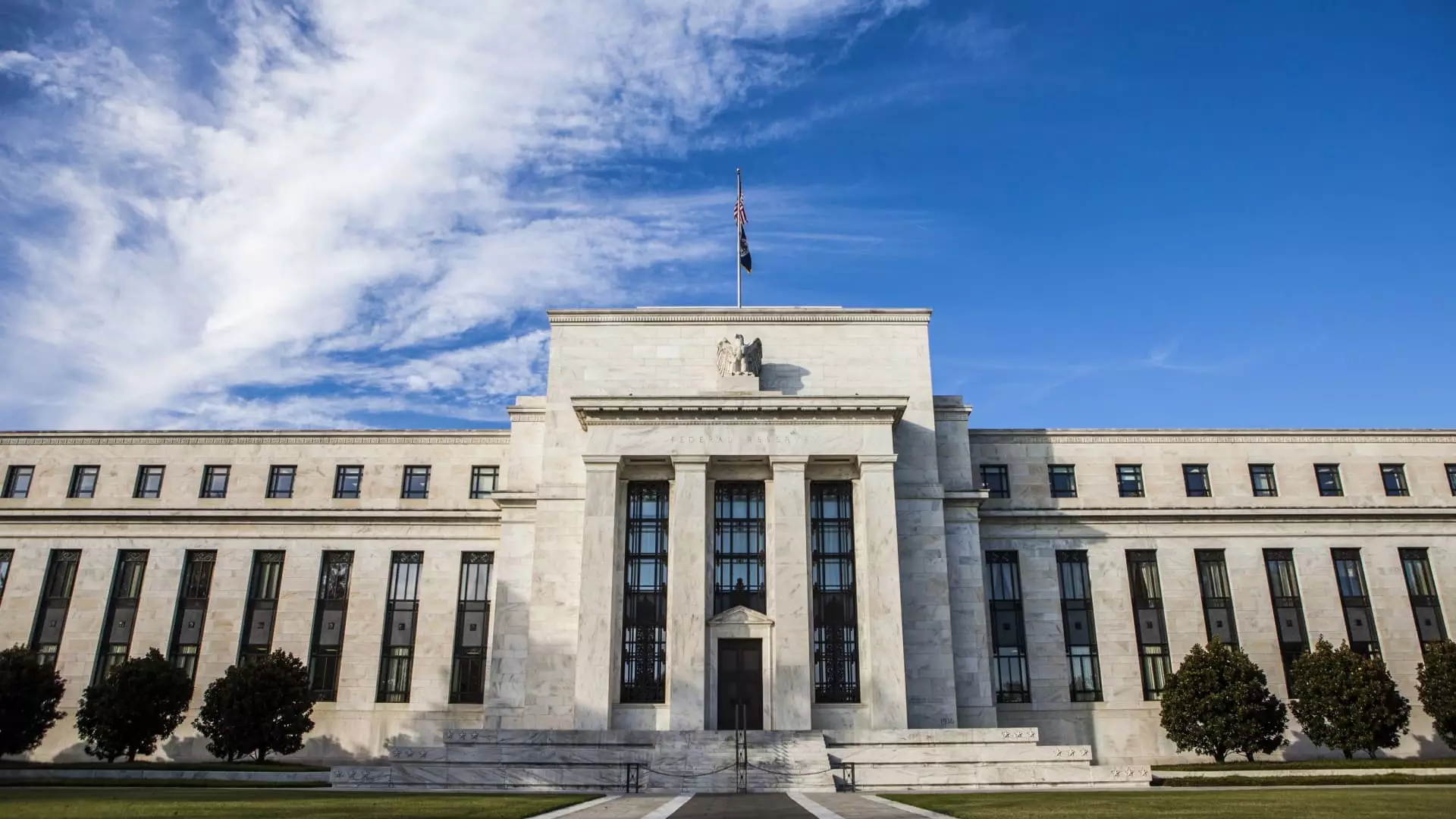In a significant development that underscores the ongoing tensions between major financial institutions and regulatory bodies, several leading banks are preparing to initiate legal action against the Federal Reserve concerning its annual stress testing procedures. According to sources with insider knowledge, this lawsuit could materialize imminently, possibly as early as Tuesday morning. This legal dispute revolves around the Fed’s stress testing framework—a system designed to ensure banks maintain sufficient capital reserves against potential loan defaults, while also regulating their ability to engage in share buybacks and dividend distributions.
Recent Announcement from the Federal Reserve
On the heels of this potential lawsuit, the Federal Reserve disclosed its intention to revise its stress testing methodology during a statement released after market hours on Monday. Their plan involves soliciting public input on what they are dubbing “significant changes” aimed at enhancing the clarity and predictability of these tests. Specifically, the Fed is focusing on addressing concerns about the fluctuating capital buffer requirements, which have been criticized for their volatility. The rationale behind this shift seems to be the “evolving legal landscape,” a term the Fed used to reference recent adjustments in administrative laws—a telling reminder that regulatory frameworks must adapt to an ever-changing financial environment.
While the proposal for changes appears to be a strategic response to the banks’ grievances, experts suggest these adjustments may not be sufficient to alleviate the stringent capital requirements that institutions like JPMorgan Chase, Citigroup, and Goldman Sachs deem burdensome. According to the Fed’s announcement, the anticipated changes are not meant to significantly alter the overall capital requirements, which could leave banks unsatisfied and lead them to pursue further legal recourse. Greg Baer, the CEO of the Bank Policy Institute (BPI), expressed cautious optimism, stating that the Board’s initiative represents an initial step towards greater transparency. However, he hinted that the BPI would continue to explore additional avenues for reform to promote policies that are beneficial in both legal and practical terms.
The concerns raised by major banking institutions reflect a broader critique of the Federal Reserve’s approach to risk management and capital adequacy. The pressure from banks like those represented by the BPI and the American Bankers Association indicates a sentiment that the existing stress test procedures are overly opaque. Critics argue that these practices not only lead to increased capital requirements but may also inadvertently stifle lending activities, thereby hampering economic growth. The potential legal challenge reflects a pivotal moment in the ongoing dialogue between regulation and the operational dynamics of the banking sector, highlighting the complex interplay between ensuring stability in the financial system and maintaining the vitality of lending practices that fuel economic progress.
As major banks gear up to challenge the Federal Reserve, the outcome of this legal battle could have lasting implications on how financial institutions navigate capital requirements while striving to remain competitive in a rigorous regulatory environment.

